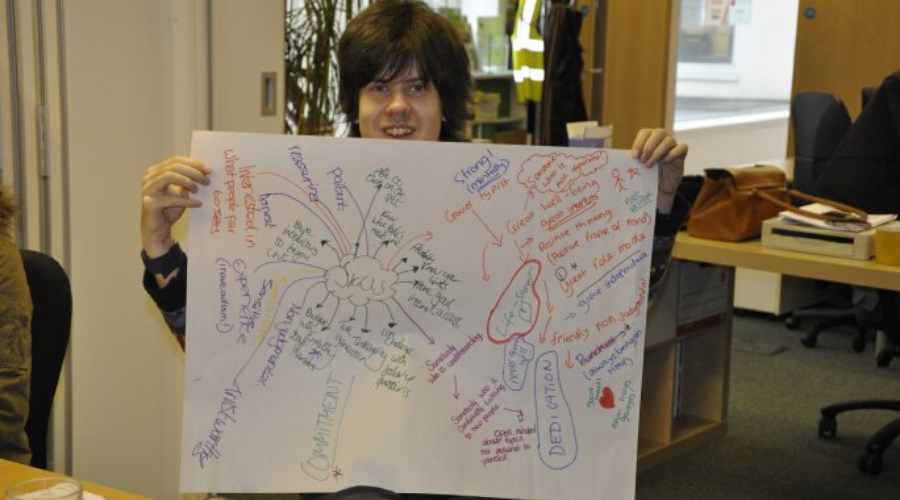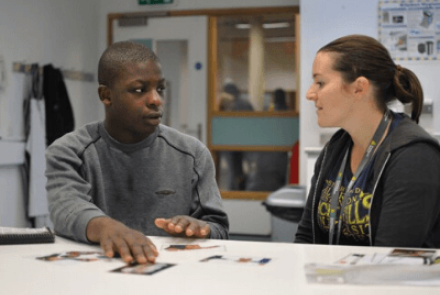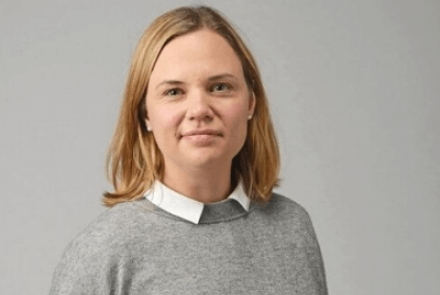myVoice chat with Bullying UK
What is more striking is that young people with diagnosed special needs, particularly autism, are more likely to be bullied. The National Autistic Society identified that at least 40% of children have been bullied at some point in their time during compulsory education. With the myVoice project’s Online Facilitator programme officially ready, there are few bigger subjects that are likely to create more questions or comments than this discussion.
The first chat for the project was supported by Bullying UK, a service from the Family Lives charity, which provides advice and chat forums for young people and families that are impacted by bullying. Alongside myself facilitating was Nishma Shah from Bullying UK, a known expert on bullying who provided guidance on our broad agenda.
The chat being my first event in facilitating an online discussion was always going to be a challenge. Bullying is such a sensitive topic and many participants preferred to observe rather than ask direct questions so it was my job to move the chat along so Nishma’s advice could support as many of those with different circumstances. A crucial skill in facilitating is often the need to keep the conversation going and to help provoke responses when needed.
It was shocking to see the extent of how bullying has worsened as a result of the growth in social media. In a current survey being conducted by the charity, only 8.8% of bullying reported to sites like Facebook or Twitter had a response or action taken as a result. Also, many victims on the autistic spectrum are often unaware they may be being bullied online because of the difficulties they have in interpreting forms of communication. Some schools will deny that there is any issue in bullying and although anti-bullying procedures are required in all schools, they can vary in quality.
What is crucial for those on the autistic spectrum to do in taking action includes the need to identify a trusted adult who you feel able to safely report any problems, and to keep note of incidents in a notebook to monitor the situation and determine the later outcome. When it comes to treatment, counsellors who have training to support people with special needs, including autism should be sought.
To be the first facilitator of such an important discussion was a brilliant opportunity and all the more reason for other young people to join upcoming future chats to support them on the many other challenges when it comes to autism.
About the author
Jack Welch is a myVoice Online Facilitator.












